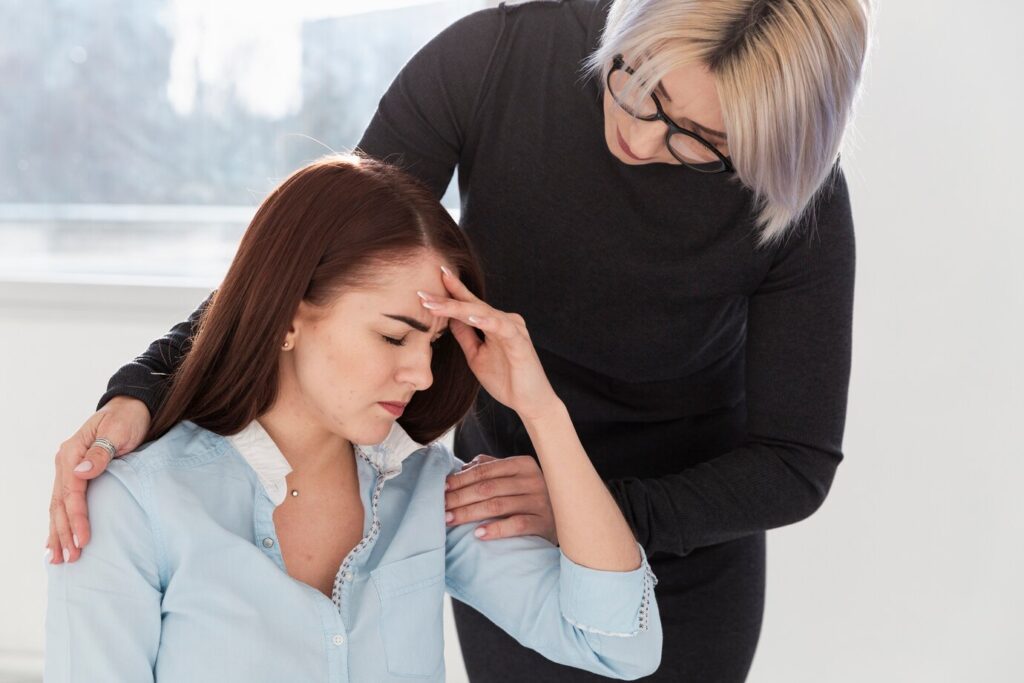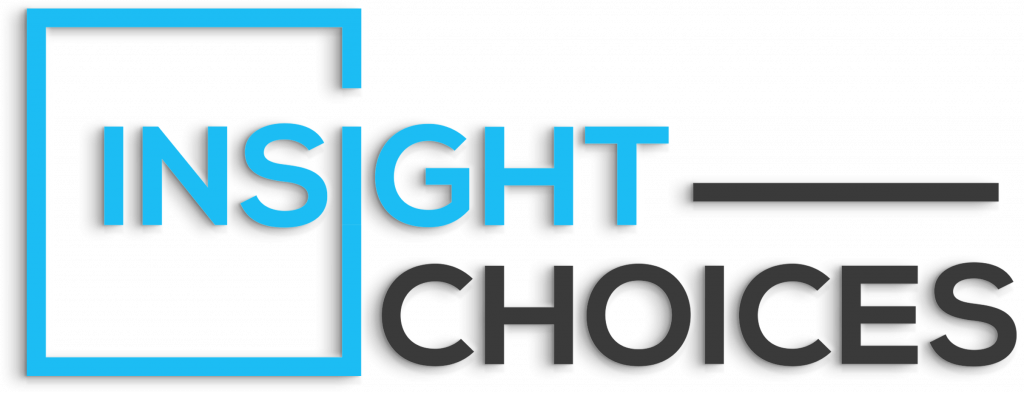
Depression Is Treatable: TMS, Medication, and Psychotherapy Can Help
Depression is a serious mental health condition that affects millions of people worldwide. It can make even the simplest tasks feel overwhelming, and it often comes with feelings of sadness, hopelessness, and fatigue. But here’s the good news: depression is treatable, and many people recover fully with the right support and treatment.
1. Transcranial Magnetic Stimulation (TMS)
TMS is a non-invasive treatment that uses magnetic pulses to stimulate areas of the brain involved in mood regulation. It’s especially helpful for people who haven’t found relief with medication alone. TMS doesn’t require anesthesia, and it typically has fewer side effects than antidepressant medications. Many patients begin to notice improvement in their symptoms after a few weeks of sessions.
2. Medication
Antidepressant medications can help correct chemical imbalances in the brain that affect mood and emotions. There are many different types, including SSRIs, SNRIs, and atypical antidepressants. Finding the right medication may take some time, but once it’s dialed in, it can significantly reduce symptoms and improve quality of life.
3. Psychotherapy (Talk Therapy)
Psychotherapy helps people understand the root causes of their depression and develop healthy ways to cope. Cognitive Behavioral Therapy (CBT) is one of the most effective approaches. It teaches people how to recognize and change negative thought patterns. Therapy also offers a safe space to talk openly and work through emotional pain.
The Bottom Line
No single treatment works for everyone, but with options like TMS, medication, and psychotherapy, there is hope. Many people find that a combination of treatments is the most effective. If you or someone you love is struggling with depression, know that help is available—and recovery is possible.

Dr. Chang is a highly respected psychiatrist with extensive experience serving patients in the greater Los Angeles area. With a distinguished background in psychiatry, he has dedicated his career to advancing mental health care through both clinical practice and academic contributions.
